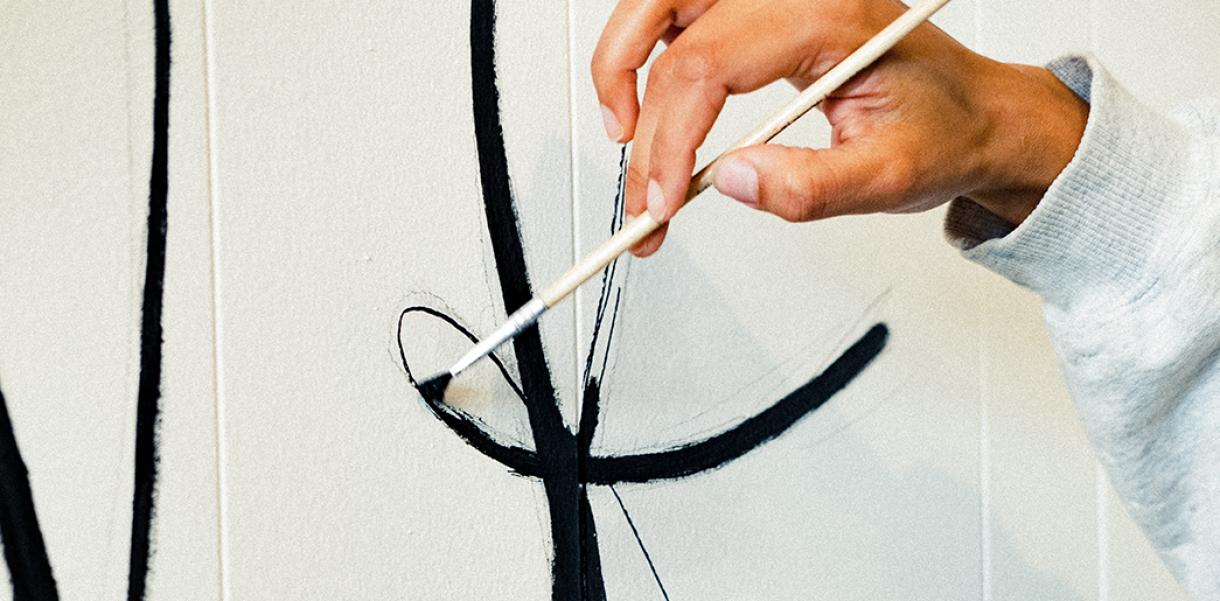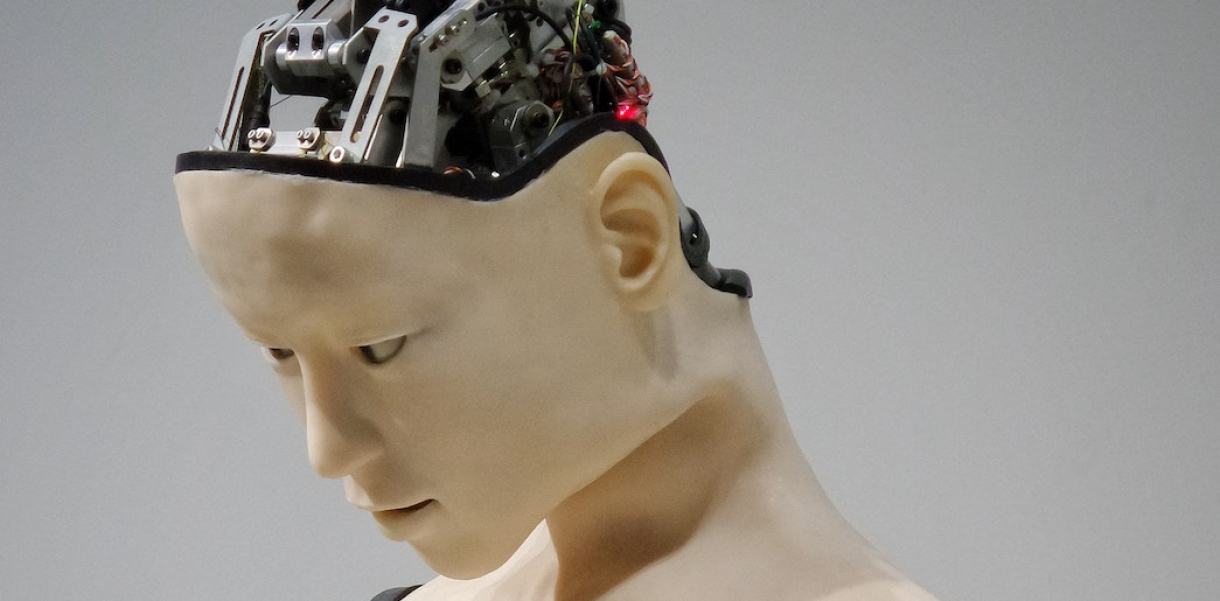Every day, we’re confronted with the challenges and rapid changes that have come to define our world.
Disruptive technologies such as automation, artificial intelligence, robotics, and algorithms are already encroaching on our lives and will have a huge impact on the job market of tomorrow. The effects of climate change and the depletion of natural resources require immediate action and adaptation. Add the pandemic to the mix, and we’re confronted by new detriments to our health systems, economies, societies, and political and education systems.
It can feel overwhelming, if not downright scary. This is why I’d like to offer a more positive perspective: societies and individuals are capable of embracing these challenges and learning to thrive. But how? Many experts believe the answer lies in developing (new) creative skills that enable and even empower people to adapt and create a sustainable future for themselves and the societies we live in. There’s no doubt in my mind that we can harness our own creativity – something that’s always been a part of who we are.
Everybody is a genius
When considering creative geniuses, we tend to think of the most famous examples: da Vinci, Picasso, Mozart. Even their modern equivalents in business, such as Elon Musk, Susan Wojcicki or Sheryl Sandberg, are from the current “cutting edge” of creativity: the tech sector.
But beyond the famous, creativity truly permeates everyday life. It allows everyone to express themselves and find the energy and inspiration for personal development. Creativity is not limited to fine arts and music. We’re capable of creativity in many domains, such as writing, cooking and even mathematics. Take note: We’re born creative, and it’s our unique human capacity to generate original ideas. But even innate abilities like creativity must be trained and practised.
Given all the challenges and disruptions mentioned above, creative thinking and problem-solving competencies will only become more important in our societies. According to the World Economic Forum’s Future of Jobs Report, creativity is among the top skills sought by employers as they look ahead to their labour needs through 2025.
Creativity is a future skill
Analytical thinking and innovation, complex problem-solving and active learning – these are the skills of the future, and they will replace the ability to complete increasingly automated, repetitive tasks. Companies and organisations are, in fact, already hiring creative talents and nurturing creative processes in an effort to spark innovation within their teams.
However, it’s also essential to explore the motivation behind this creativity trend in the business world. Will it remain on the cusp of innovation and technical feasibility, or will it prove to tackle the issues facing the planet? I truly believe in the potential of creativity to solve the challenges of sustainability and develop solutions that make our planet resilient for the future.
The problems of sustainability are complex and require an open mind, receptivity to new ideas, and the ability to navigate ambiguity – this is proven by the contradictions within the SDGs. Our planet’s resources are finite, which is why innovations are urgently needed. Fortunately, creativity involves a high capacity for imagination and vision, essential elements of shifting to a more sustainable society and keeping our earth liveable for future generations.
Creativity as a clear learning goal
Creativity will play such a fundamental role in our future, yet we’re failing to encourage creativity in children from an early age. The traditional focus of most education systems is on grades and academic performance, not creative capacity or problem-solving.
There’s no reason schools can’t provide the physical space, social environment, and pedagogical framework to nurture our children’s creative potential. Teachers should be equipped with the time, tools, methodologies and confidence to promote creativity within their students and to make creativity a clear learning goal.
This calls for the creative process to be introduced in new contexts: what was once limited to fine art classrooms, also has a role to play in science. Of course, basic literacy and other competencies, such as digital skills, remain essential for the learning journey of our children. However, we must realise that creativity is one of the most powerful assets for us to support. Our children’s future success depends on their ability to make an impact in a way that can’t be replicated by a robot. They will need to be supported in developing a new mindset for thriving in a world that embodies the definitions of social and ecological justice, as well as the individual and collective well-being we envision today.
There’s no denying that we live in a world full of challenges. But these can be transformed into rich opportunities if we allow our children and ourselves to access our most valuable renewable resource: human ingenuity and creativity. So, what’s your creative genius?
-
Image: Bernie Almanzar






